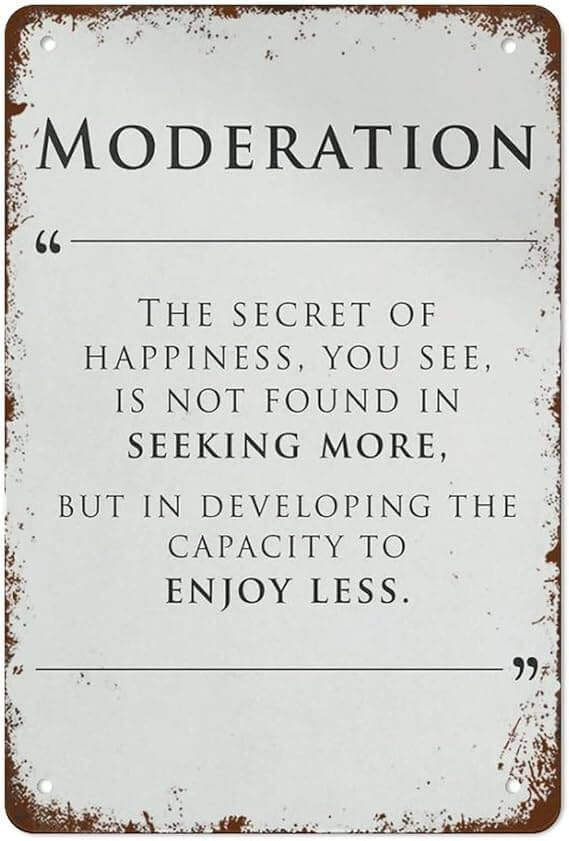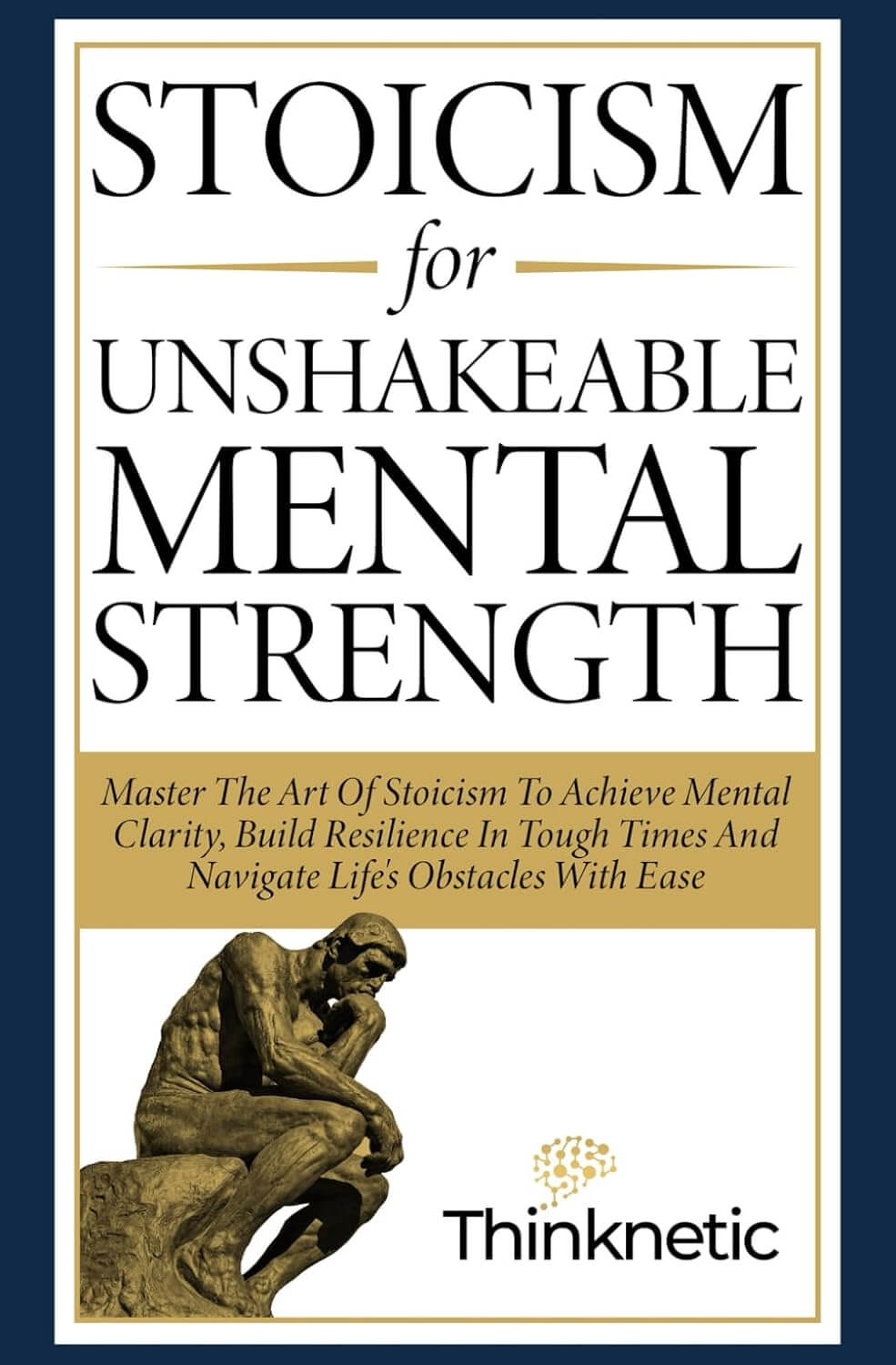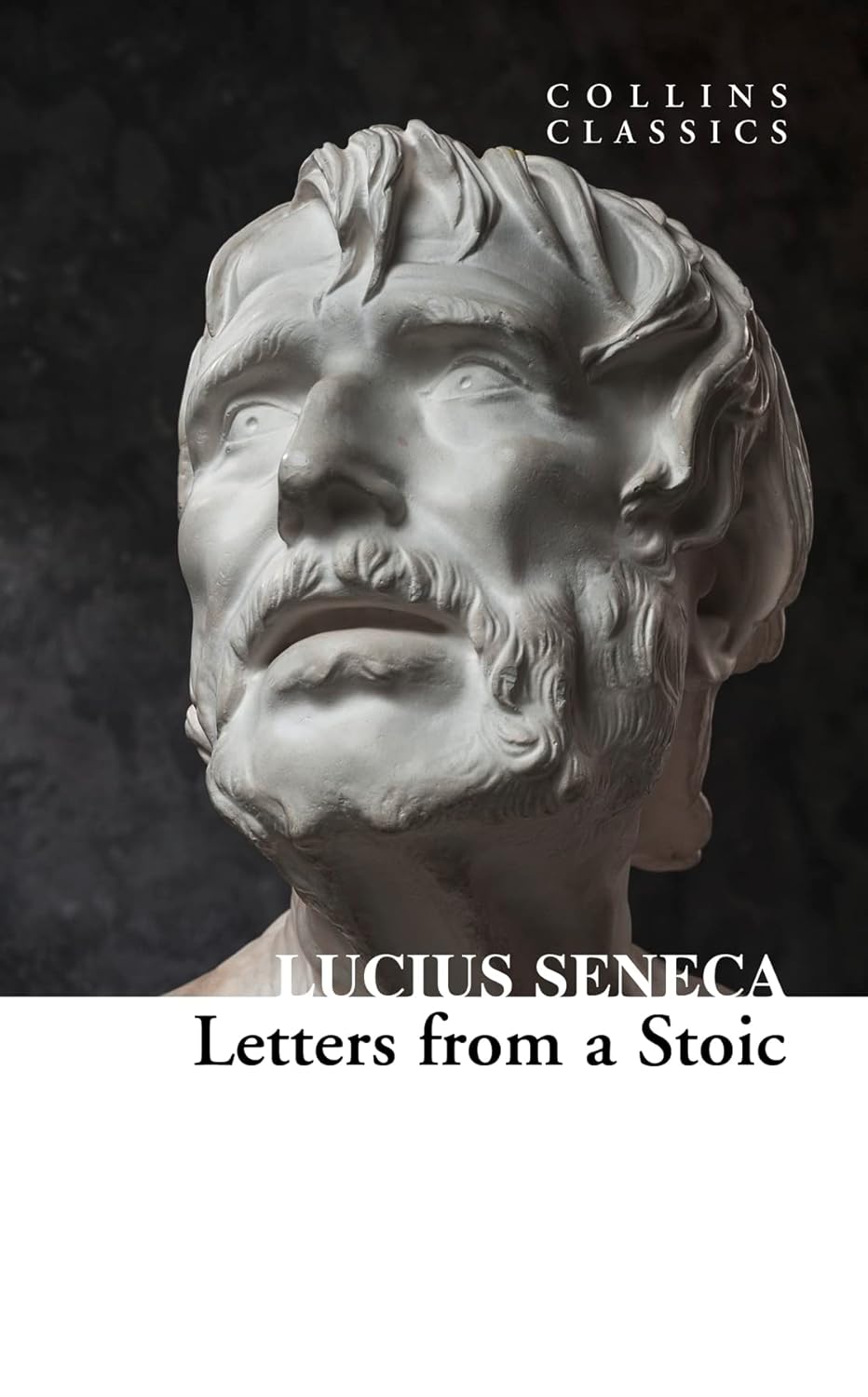The Art of Moderation in Stoicism: Your Guide to Balanced Living

Introduction
In a fast-paced world that often celebrates excess—whether it’s wealth, ambition, or indulgence.The ancient wisdom of Stoicism offers a refreshing and powerful antidote: moderation. Known as temperance among the four cardinal virtues of Stoicism, moderation emphasizes self-mastery, emotional intelligence, and balanced living.
This guide explores the Stoic approach to moderation, based on the teachings of Seneca, Epictetus, and Marcus Aurelius. We’ll break down what moderation really means in the Stoic tradition, why it matters, and how you can apply it to live a more purposeful, peaceful, and virtuous life.
What Is Moderation in Stoicism?
Stoic moderation isn’t about being boring or playing small. It’s about living with self-awareness, self-mastery, and rational purpose. Rather than swinging between extremes, Stoic moderation calls us to stay centered and grounded.
The Stoic Approach to Moderation Includes:
- Rational self-control – Acting from reason, not impulse
- Emotional stability – Responding calmly rather than reacting
- Propriety in speech and action – Choosing words and behaviors that fit the moment
- Acceptance of limits – Understanding and embracing life’s natural boundaries
At its core, moderation helps us live in accordance with nature choosing what’s wise, sustainable, and in harmony with our values.

Print Moderation Philosophy Poster Philosophical Art Ancient Wisdom Quote Minimalist Motivational Print Wall Art Retro Metal Tin Sign Vintage Aluminum Sign For Home Coffee Wall Decor
$8.98
The Art of Moderation in Stoicism 8 Habits for a Balanced Life

1. Orderliness: Structure Brings Freedom
Orderliness means creating routines that bring clarity, peace, and productivity. The Stoics believed that a well-ordered life frees us from chaos and distraction.
Stoic Tip:
Design a daily rhythm that includes time for work, rest, reflection, and stillness. A structured life is a peaceful one.
2. Propriety: Social Intelligence in Action
Propriety means acting appropriately in each situation. It’s about adapting without compromising your core values.
Stoic Tip:
Ask yourself: What role am I playing right now—parent, friend, leader? Act in a way that honors that role with integrity.


3. Modesty: Strength Without Ego
Modesty in Stoicism isn’t about self-deprecation—it’s about honest self-awareness. Know your strengths and use them quietly. Own your limitations without shame.
Stoic Tip:
Speak less. Listen more. Let your character—not your words—do the talking.
4. Self-Control: Master Your Desires
Moderation is most obvious when we resist things that feel good in the moment but aren’t good in the long run—like overeating, overspending, or overreacting.
Stoic Tip:
When tempted, pause and ask: Will this help me grow, or is it just a fleeting urge?


5. Rational Desires vs. Impulsive Pleasures
Not all desires are bad. Stoicism distinguishes between rational desires (like sleep, food, and connection) and impulsive pleasures that often lead to regret.
Stoic Tip:
Simplify. Focus on what’s essential. Find joy in what you need—not in endless wants.
6. Balanced Relationships: Love Without Losing Yourself
Stoicism doesn’t reject love or friendship—it just urges us to approach relationships with inner stability. You can care deeply without becoming emotionally dependent.
Stoic Tip:
Give love freely, but protect your peace. Don’t tie your worth to someone else’s behavior


7. Disciplined Speech: The Pause is Power
Speaking with moderation means thinking before you speak. The Stoics taught that silence often serves better than impulsive words.
Stoic Tip:
In hard conversations, pause. Breathe. Speak only what is necessary, kind, and true.
8. Acceptance of Limits: Freedom Through Simplicity
Real freedom comes not from having everything, but from needing less. Stoics believe that contentment comes from within—not from chasing what’s outside your control.
Stoic Tip: Declutter your life—and your mind. The fewer cravings you have, the lighter and freer you become.


Mindful Modern Natural Awaken Candle | Ginger & Lemongrass Scented | Aromatherapy for Stress Relief, Meditation, Yoga, Chakra Healing, & Prayer | Elegant Home Fragrance
$14.44
Why Moderation Is the Ultimate Strength
Let’s be clear: moderation isn’t weakness—it’s power with purpose. It’s the strength to choose what’s right over what’s easy. In a noisy world of extremes, choosing a centered, balanced life is nothing short of revolutionary.
So, are you ready to embrace the Stoic way of living?
Start small.
- Organize your day with intention
- Speak with mindfulness
- Simplify your desires
Recommended Reading
For a deeper dive into practicing Stoic moderation in daily life, check out the book:
“Stoic Meditations on Wisdom, Courage, Moderation, and Justice”
This guide offers practical insights and exercises to develop the four Stoic virtues—especially moderation—as tools for modern living

Stoicism For Unshakeable Mental Strength: Master The Art Of Stoicism To Achieve Mental Clarity, Build Resilience In Tough Times And Navigate Life's Obstacles With Ease
$34.99
“Each balanced choice brings you closer to inner peace. That’s the art—and power—of Stoic moderation“


The Best Magnesium Supplements: A Scientific Overview
One essential component of physical and mental well-being is the mineral magnesium, which plays a crucial role in numerous physiological processes including muscle and nerve function, blood glucose control, and protein synthesis.

A Stoic’s Guide to the Best Organic Coffee
In the pursuit of a serene and virtuous life, the Stoics often emphasized the importance of simplicity and natural living. As we navigate our daily routines, it is crucial to align our choices with these principles, even in the seemingly mundane act of enjoying a cup of coffee.

Best Face Moisturizer For Stoic Beauty
In the pursuit of a serene and balanced life, our skincare routines can serve as a daily reminder of simplicity and natural beauty. Stoicism teaches us to focus on what is essential and to find peace in simplicity.

Letters From A Stoic by Seneca
“Letters from a Stoic” is a collection of 124 letters written by the Roman philosopher Lucius Annaeus Seneca to his friend Lucilius. These letters, often referred to as the “Epistulae Morales ad Lucilium,” are a significant part of Seneca’s philosophical legacy and provide insights into Stoic philosophy and practical wisdom.
